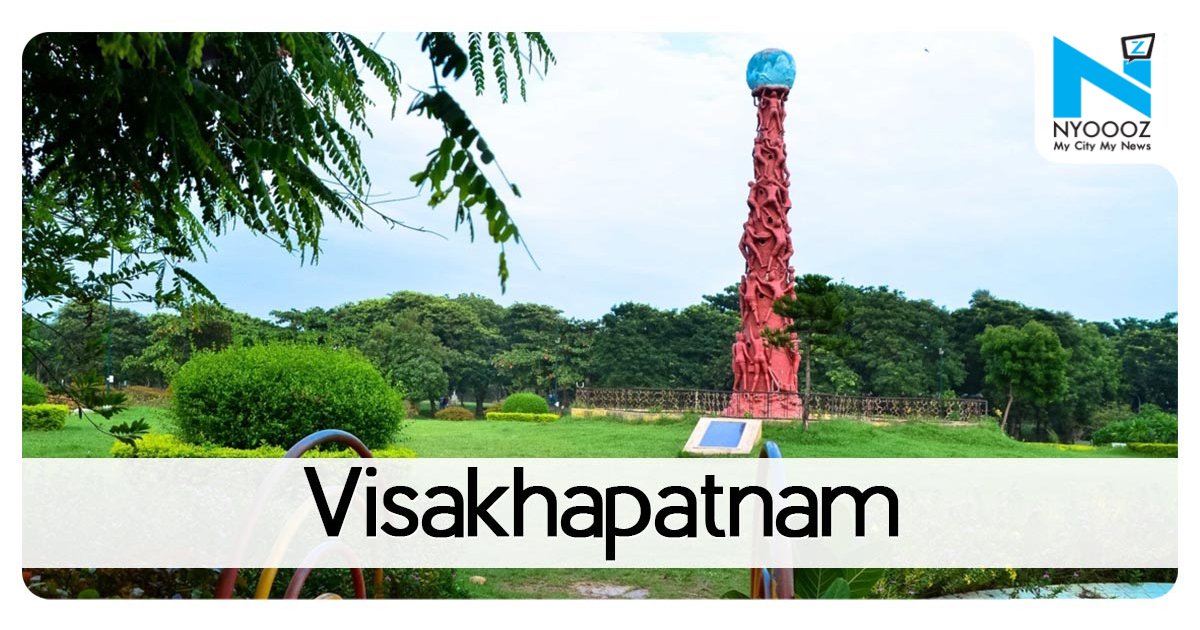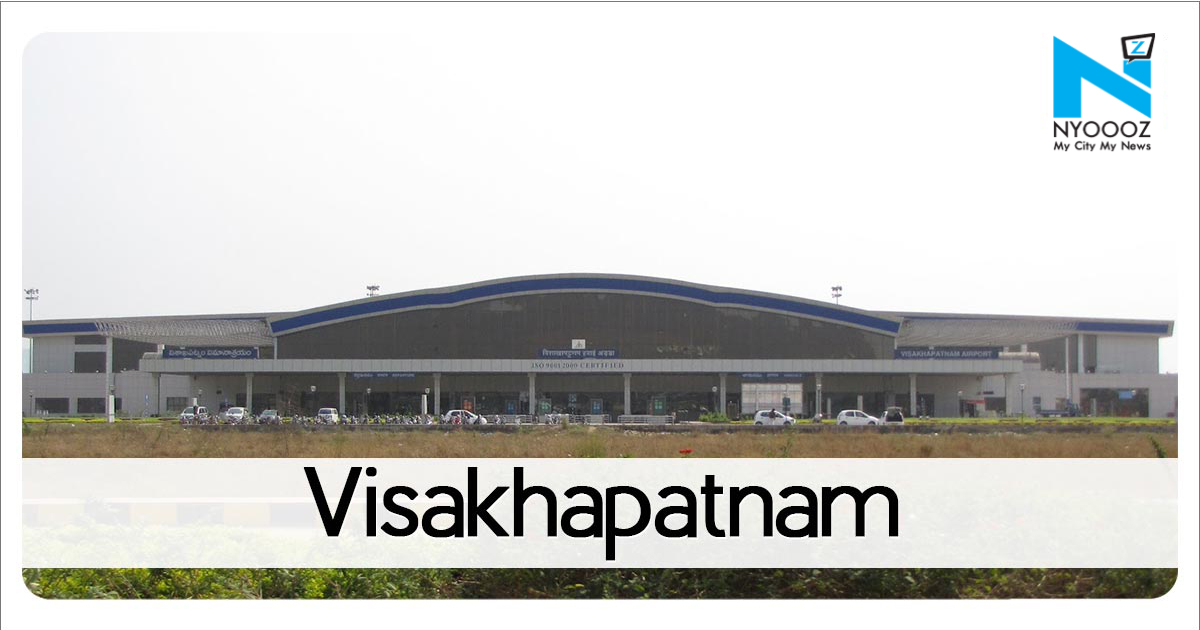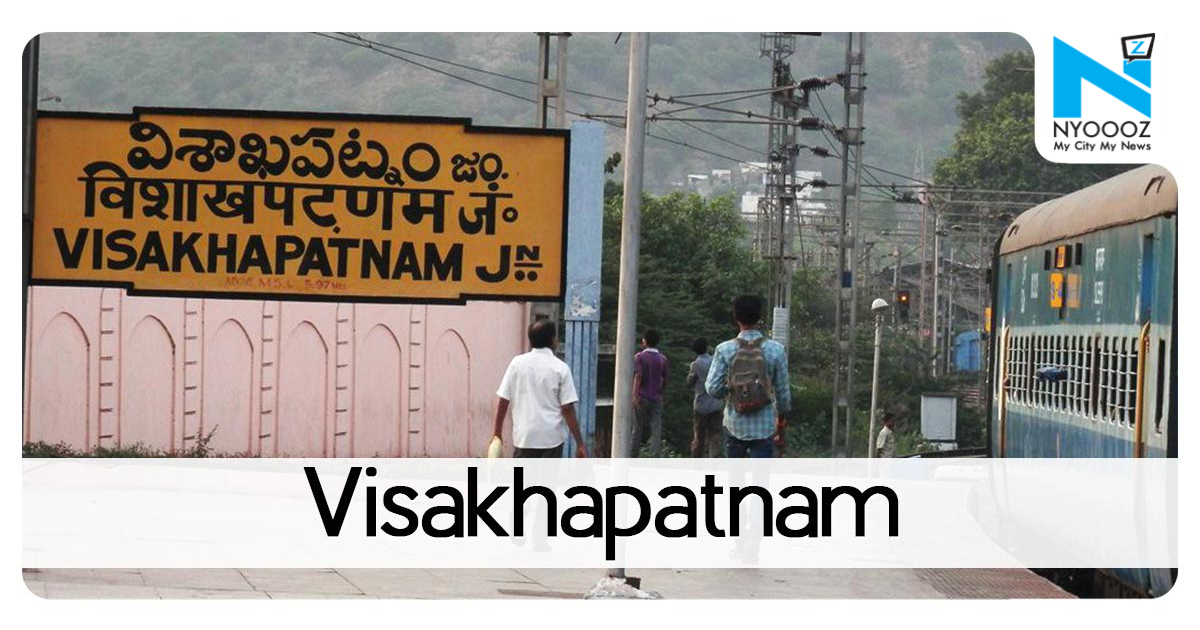GVMC all set to sell compost made from waste to farmers
- | Thursday | 30th August, 2018
Waste segregationOf the 1,000 tonnes of waste being produced in the city daily, roughly 500 tonne is wet waste. With the monthly production capacity of estimated 900 tonne of vermicompost from the domestic wet waste at its facilities, the GVMC is now all set to sell it to farmers. ‘Green’ manure: About 30 tonne of compost is being prepared daily at various GVMC vermicompost facilities in Visakhapatnam. The compost prepared following the windrows and vermicompost processes has been certified as fit for use as fertiliser. The civic officials say that the objective of segregation of waste and turning it into compost at local yards is to provide it to farmers as a substitute to chemical fertilisers.

If You Like This Story, Support NYOOOZ
Your support to NYOOOZ will help us to continue create and publish news for and from smaller cities, which also need equal voice as much as citizens living in bigger cities have through mainstream media organizations.
Stay updated with all the Latest Visakhapatnam headlines here. For more exclusive & live news updates from all around India, stay connected with NYOOOZ.









